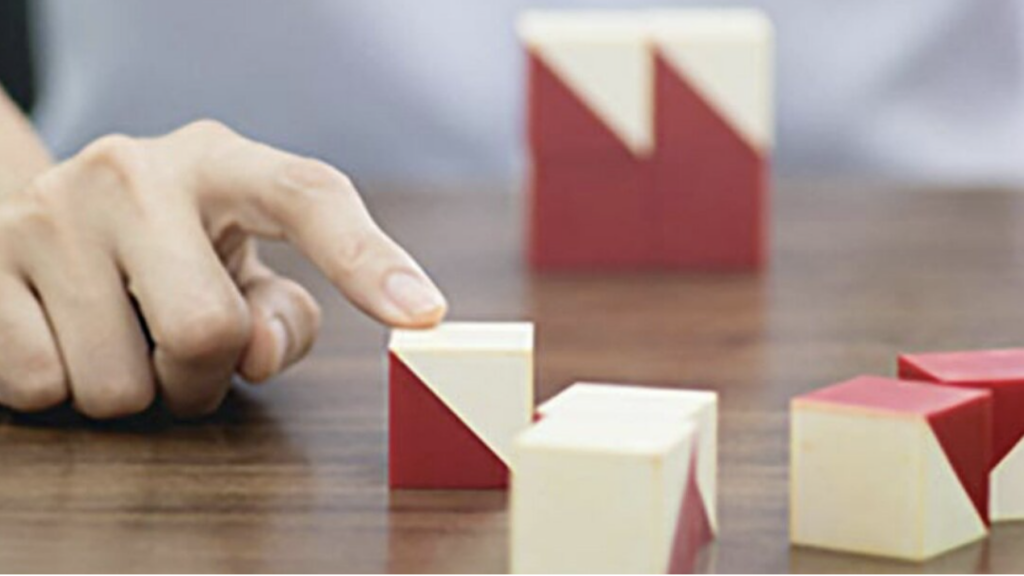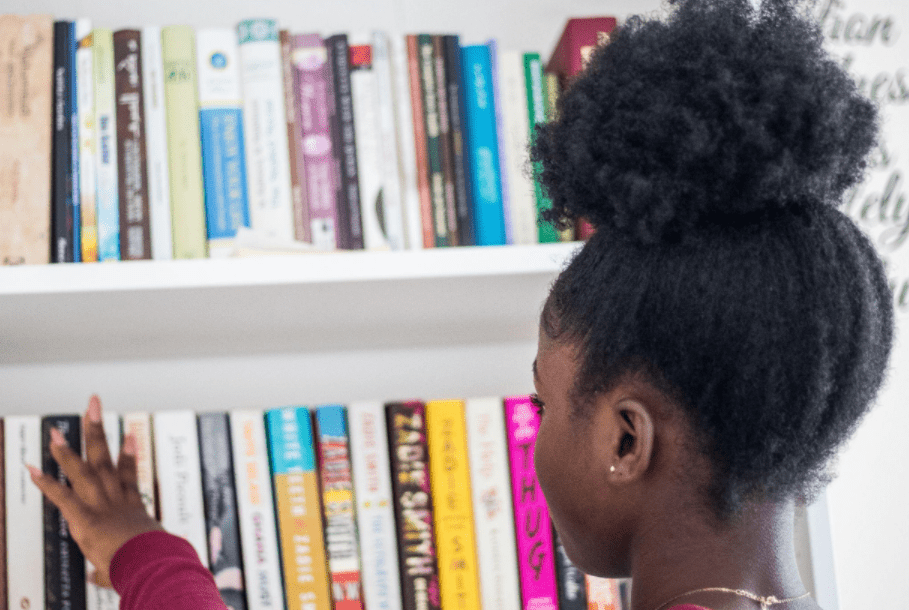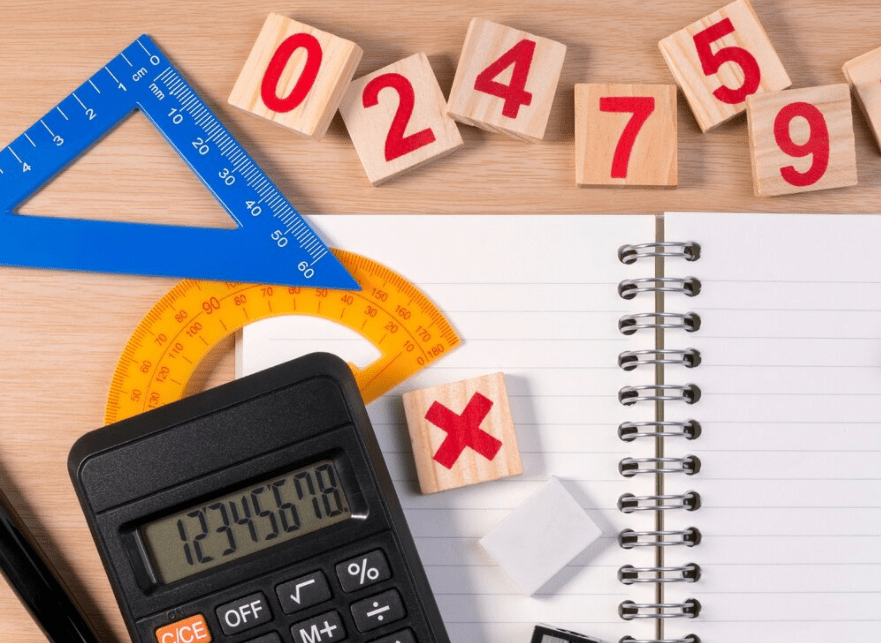
The most famous tradition associated with New Year’s is setting a resolution. And this is a practice you can do at literally any age. It’s a great exercise in willpower and goal-setting for kids to begin practicing early. But another crucial part of wrapping up one year and starting the next is reflection. This year in particular, it is important for us all to reflect on what we learned, what we gained, what we lost, what we take pride in, and what we would do differently next time. However, reflecting can be difficult, even uncomfortable. Sometimes it’s just easier to move on and not look back. While it’s never healthy to linger on past regrets, we can learn a good deal about ourselves by engaging in deep, meaningful reflection. Here’s how.
Raising Reflective Kids
The first thing to consider in teaching kids about reflection why we do it. The only productive reason to reflect is to improve. Nothing good ever comes of telling kids to reflect in order to find fault. We reflect so we can grow, so we can learn, and so we can become better students, friends, family members, citizens, etc. This messaging to kids is crucial.
Next, we can only reflect truthfully when we learn to ask the right questions. Meaningful reflection is all about asking questions that will lead to growth and improvement. Just like kids should reflect on school assignments by asking if they showed all their work in math, or whether they found adequate details to support their claim in a paper, they can also ask questions to evaluate the larger choices they made throughout the year. Here are some examples of effective questions to elicit helpful information, and follow-up questions that can deepen reflection.
Seeking Moments to Celebrate
Ask specific questions to identify positive choices we made throughout the year:
Aside from a good grade, what is something I did this year that I’m proud of?
Can I think of three times I was helpful this year? In what ways were those acts helpful, and to whom?
Can I think of one time when I did something I did not want to do, but knew it was the right thing?
Did I take care of myself this year, physically and emotionally? Did I eat well, get exercise, and make sure my emotional needs were being met?
Seeking Opportunities for Growth
Once we’ve identified some actions or decisions we are proud of, we can also ask specific questions to elicit memories we might wish we could change.
Aside from a bad grade, what is something I did this year that I wish I could take back?
Can I think of something I did this year that was harmful to the safety or emotional well-being of a friend or family member? How could I go about it differently next time?
Can I think of something I did this year that harmed others, emotionally or physically?
Did I do anything this year that was harmful to myself? What did I gain from this? What did I lose?
Conclusion
Kids need concrete ways to reflect. But they also need reasons for reflecting. They won’t see the value in just thinking about what they did or didn’t do. Explain to them how important it is that we think hard about how we handled situations. This reflection allows us to identify what we’re proud of, what we think we could have done better, and how well we took care of ourselves, so that we can do all of those things even better next year. Rarely will a child feel comfortable candidly sharing all of this with you, so the best way to encourage this reflection is through writing, or for much younger children, drawing or some other means of expression.




